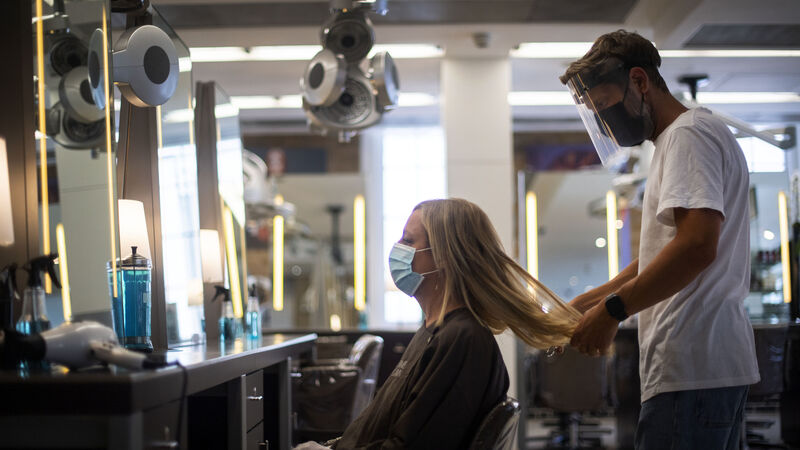Hair and beauty black market costs the exchequer €55m

The cost of shutting down the hair and beauty sector for 15 weeks earlier this year represents somewhere in the remit of €580 million in lost turnover.
The hair and beauty sector is losing €500m a year to the black market, costing the exchequer an estimated €55m in lost tax revenue annually, according to a representative body for the industry.
The Hair & Beauty Industry Confederation (HABIC) warned the government will drive more customers to the black market if it “does not do the right thing on VAT” in the upcoming budget.











